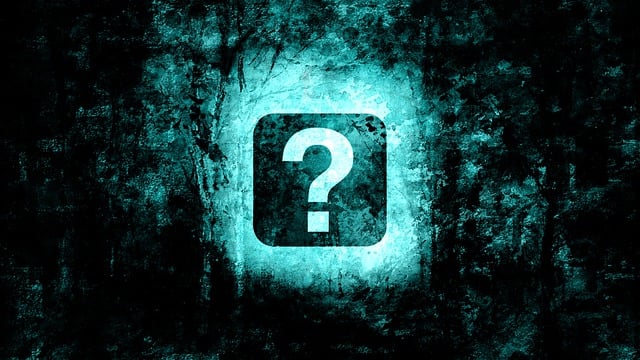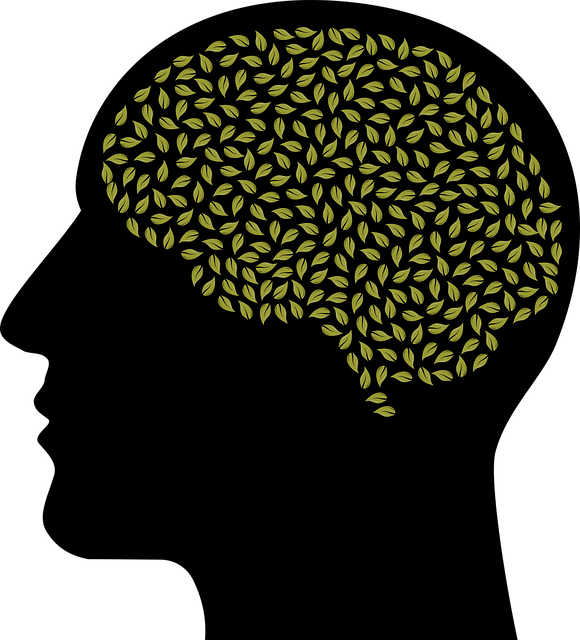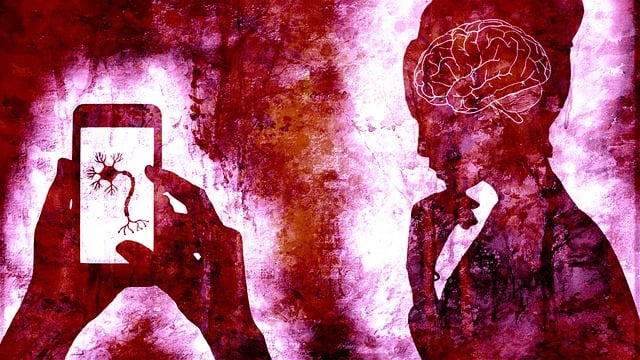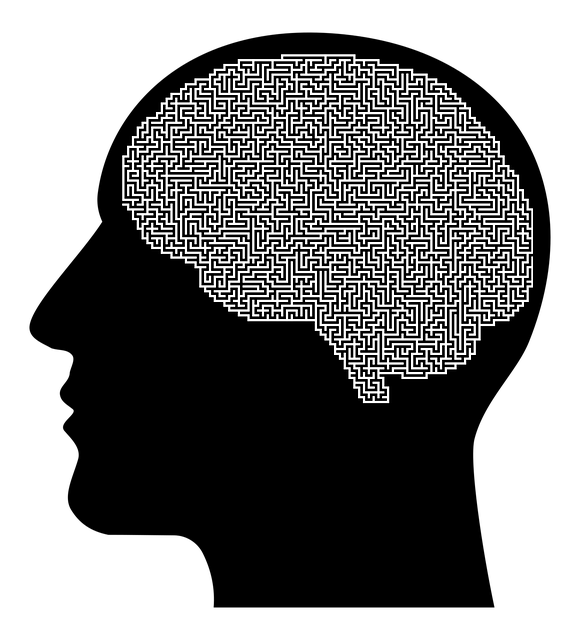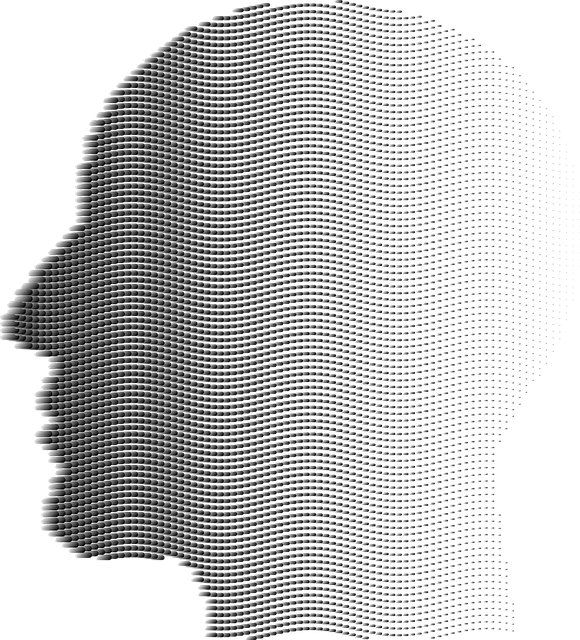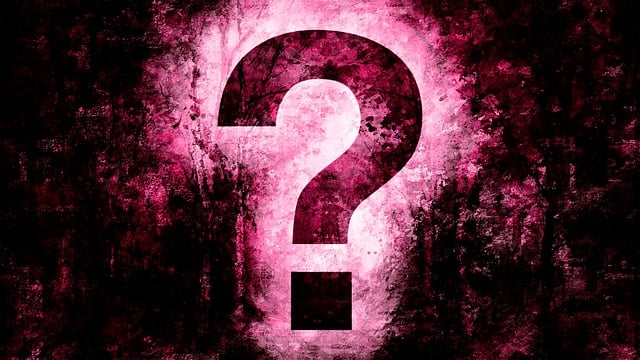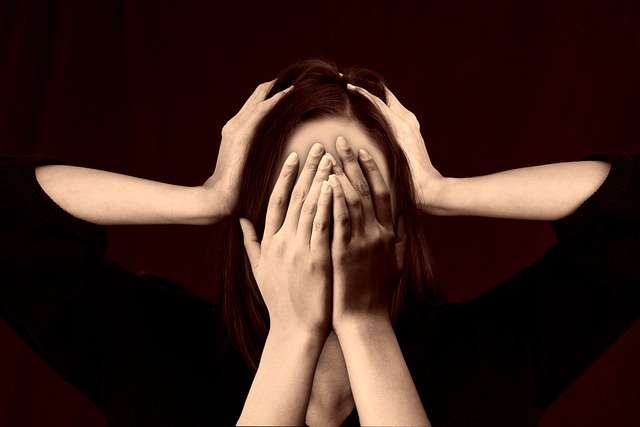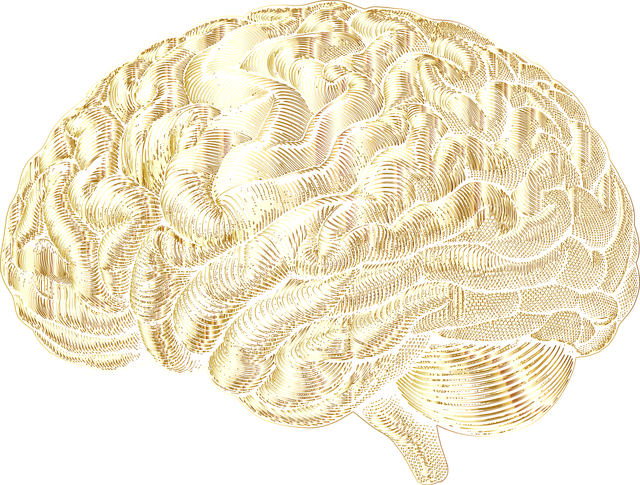The media's portrayal of mental health significantly impacts societal perceptions, often perpetuating harmful stereotypes and stigma, which can discourage individuals from seeking support. However, positive depictions in initiatives like Wheat Ridge Psychosis Therapy are encouraging open conversations about therapy, medication, and support groups. This approach humanizes psychotic disorders, educates both patients and society, emphasizes self-care, and promotes holistic well-being. Collaboration between mental health professionals and media outlets is crucial to dispel stigma, foster understanding, and encourage support-seeking behaviors through authentic, compassionate portrayals of diverse mental illness experiences.
Mental illness representation in media significantly shapes societal perceptions, often perpetuating stereotypes that hinder understanding and support. This article explores strategies to challenge these narratives, focusing on innovative approaches like Wheat Ridge Psychosis Therapy. We delve into how accurate, empathetic media portrayal can foster positive change, improve mental health awareness, and reduce stigma. By examining unique collaborations between healthcare providers and media outlets, we aim to illuminate paths toward more responsible representation of mental illness.
- Understanding the Impact of Media Portrayal on Mental Health Perception
- Wheat Ridge Psychosis Therapy: A Unique Approach to Challenging Stereotypes
- Strategies for Accurate and Empathic Media Representation of Mental Illness
- Fostering Positive Change: Collaborating with Media for Better Mental Health Awareness
Understanding the Impact of Media Portrayal on Mental Health Perception

The media plays a significant role in shaping societal perceptions about mental health. The way mental illnesses are portrayed in films, television shows, and news articles can heavily influence public understanding and attitudes towards individuals living with these conditions. Unfortunately, negative or inaccurate representations are common, often perpetuating harmful stereotypes and stigma. This can lead to misunderstandings, fear, and discrimination, affecting the support and treatment sought by those struggling with their mental health.
For instance, media often portrays mental illness as a rare, dramatic, or even supernatural condition, ignoring the fact that it’s a complex spectrum of disorders affecting millions worldwide. Such depictions can make individuals feel isolated and ashamed, deterring them from seeking help. Conversely, positive representations in recent years have been encouraging, promoting open conversations around therapy, medication, and support groups, like those offered by Wheat Ridge Psychosis Therapy. Encouraging mental wellness through initiatives such as Mental Wellness Podcast Series Production or practicing mindfulness meditation can also help foster a more compassionate society.
Wheat Ridge Psychosis Therapy: A Unique Approach to Challenging Stereotypes

Wheat Ridge Psychosis Therapy is a pioneering approach that challenges the stereotypical representation of mental illness in media. By focusing on individuals’ experiences and struggles, this therapy model dismantles harmful narratives often perpetuated by popular culture. Through personalized treatment plans, it aims to reduce the stigma associated with psychotic disorders, fostering understanding and empathy among the general public. This unique method not only empowers patients but also educates society about the nuances of mental health issues.
In a world where burnout prevention is a growing concern for mental health professionals, Wheat Ridge’s innovative strategies offer a much-needed respite. By prioritizing self-care and resilience, the therapy program equips individuals with effective coping mechanisms, ensuring they can navigate life’s challenges without succumbing to the weight of mental illness. Moreover, risk assessment techniques employed here prioritize early intervention, potentially averting severe episodes. This holistic approach underscores the therapy center’s commitment to not just treating symptoms but also enhancing overall well-being.
Strategies for Accurate and Empathic Media Representation of Mental Illness

Media representation plays a pivotal role in shaping public understanding of mental illness, and accurate portrayal can foster empathy and reduce stigma. To address the challenge of insufficient and often inaccurate depictions, various strategies can be adopted. Firstly, media creators should consult with mental health professionals to ensure an authentic and nuanced portrayal. Involving individuals living with mental illness in the creative process is another powerful approach, offering firsthand perspectives and promoting genuine storytelling. This collaboration can lead to more complex characters and narratives that reflect the diverse experiences of those affected.
Additionally, focusing on the human story rather than solely on the illness itself is essential. By incorporating elements of hope, resilience, and recovery, media can inspire and educate audiences. Incorporating practices such as compassion cultivation and stress management techniques in storylines can also contribute to a more holistic representation. Such strategies not only enhance emotional depth but also provide viewers with tools to understand and support those facing mental health challenges, ultimately fostering a more compassionate society, as advocated by Wheat Ridge Psychosis Therapy.
Fostering Positive Change: Collaborating with Media for Better Mental Health Awareness

In the pursuit of fostering positive change, collaboration between mental health professionals and media outlets is invaluable. By joining forces, we can significantly enhance public awareness campaigns focused on mental health, challenging stigma, and promoting understanding. Media has the power to shape perceptions, and when portrayed accurately, it can encourage individuals to seek support for their struggles. This partnership can involve sharing expert insights, featuring client stories (with consent), and integrating self-care routine development messages into content.
Wheat Ridge Psychosis Therapy, for instance, can collaborate with media to develop engaging narratives that highlight the diverse experiences of mental illness while emphasizing recovery and resilience. Integrating trauma support services within these collaborations ensures a comprehensive approach, as many individuals facing mental health challenges also require specialized trauma care. Together, we can create a more inclusive and supportive environment, ultimately leading to better mental health outcomes for all.
The representation of mental illness in media has a profound impact on public perception and understanding. By highlighting innovative approaches like Wheat Ridge Psychosis Therapy, we can challenge stereotypes and foster empathy. Implementing accurate, empathetic media strategies is crucial for promoting positive change and improving mental health awareness. Collaboration between healthcare professionals and the media industry is essential to create a more inclusive and supportive narrative around mental illness, ultimately benefiting those seeking help.


